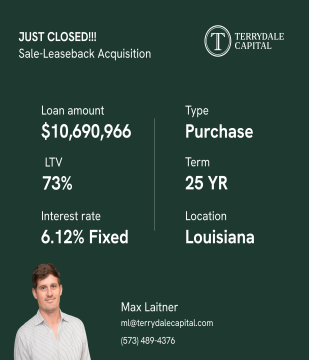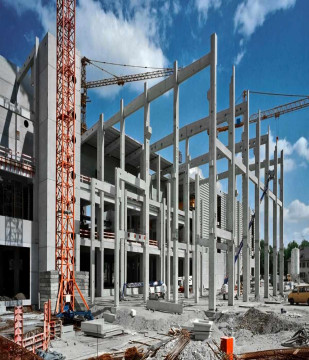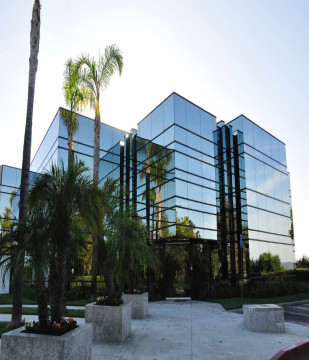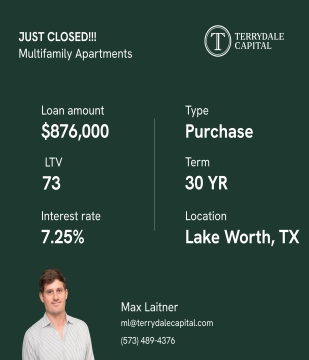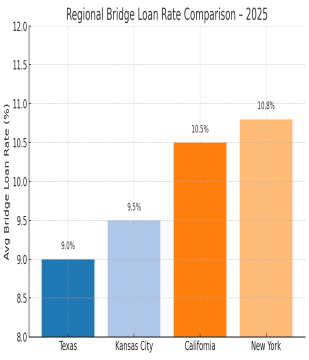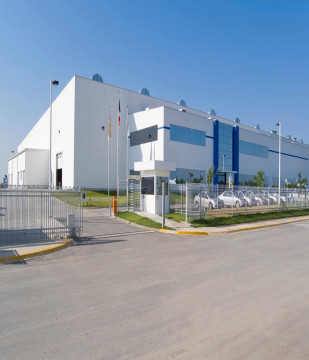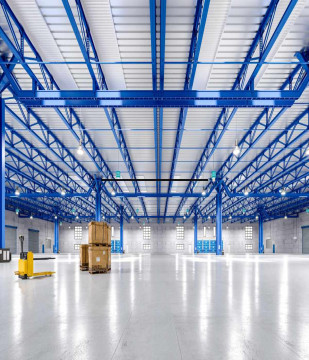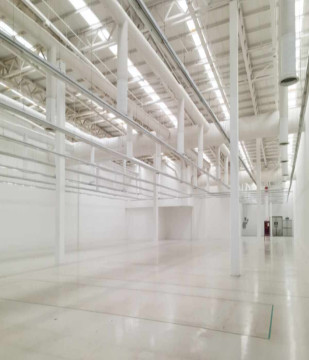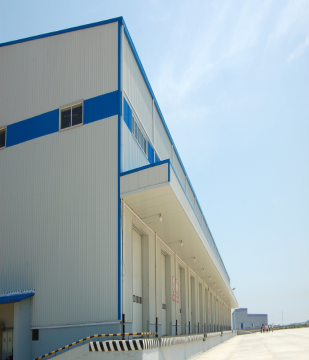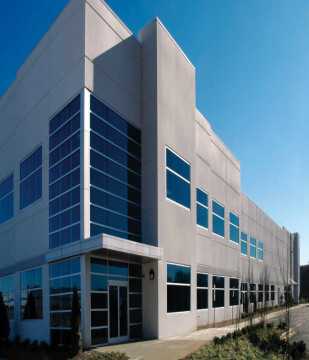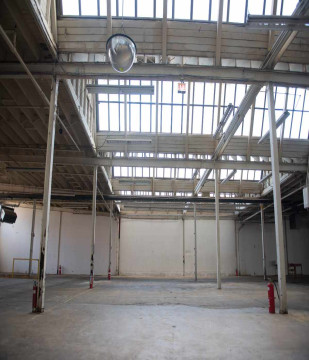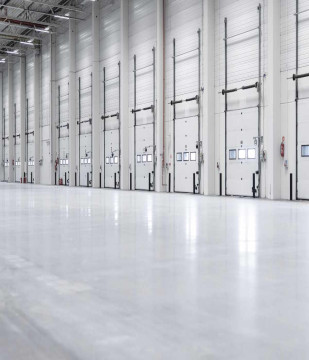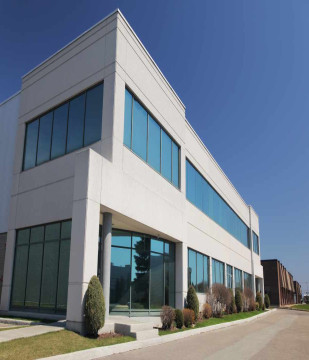Commercial Real Estate Financing State of the Market | July 2024

Terrydale Capital
Jul 8, 2024 8 Min read
 Market Updates
Market Updates
Terrydale Capital is committed to offering a comprehensive array of financial services tailored to the diverse needs of our clients. We emphasize staying updated with the evolving market landscape through ongoing discussions with our network of capital market specialists. Additionally, we actively investigate emerging funding opportunities that are gaining significant interest. To keep you informed in this dynamic market environment, we have gathered financing rates from various regions across the country.
Private Money: Rate Range: 9.00% - 15.00%
Private money lending continues to be a compelling option for expediting transactions. Its inherent benefits and flexible short-term structure make it appealing in today's financial environment, even with the potential for higher rates and wider interest rate spreads. While borrowers should anticipate higher costs for hard money loans, these are offset by the advantage of being able to close deals in under 14 days.
Debt Funds & Bridge Lenders: Rate Range: 6.75% – 11.00%
As we progress through 2024, there has been a notable shift in the sources of debt fund executions compared to the previous year. In 2023, banks and credit unions were the predominant sources of these executions. However, in 2024, debt funds have become the primary financial executors. These financial tools are especially appealing to those seeking to mitigate risk and achieve financial growth, thanks to their inherent advantages and flexible short-term nature.
CMBS: Rate Range: 6.50% - 10.95%
CMBS (Commercial Mortgage-Backed Securities) has experienced a significant resurgence, with issuances nearly tripling. Currently, CMBS accounts for 14% of all commercial real estate lending. Offering rates in the mid-6% range, CMBS presents a compelling option for commercial investors. This surge in CMBS activity is due to favorable programs and increased availability, making it an attractive choice in the market.
Commercial Banks: Rate Range: 6.90% - 10.50%
Banks continue to maintain rigorous underwriting procedures in the current high-interest rate market, prioritizing established clients and deposit relationships. This trend has persisted well into the latter half of 2024. Despite these stringent measures, banks have managed to offer competitive pricing, resulting in some of the most favorable rates currently available in the market. However, the market is expected to see a shift as banks are expected to receive a hit in the CRE market.
Credit Unions: Rate Range: 6.15% – 10.50%
Credit unions stand out among lenders by offering borrowers the advantage of lower interest rates, making them an appealing option. Like banks, credit unions typically follow a meticulous lending approach, involving a thorough underwriting process that can lead to extended closing times, especially in the current market conditions. While credit unions provide competitive rates, borrowers should anticipate potential delays in loan approval and closing due to the comprehensive nature of their underwriting procedures.
Fannie & Freddie: Rate Range of 5.80% – 8.00%
For investors in the commercial residential space, Fannie Mae and Freddie Mac options are consistently regarded as some of the most advantageous avenues for financing residential and multifamily properties. Increasingly, buyers are opting to reduce leverage by voluntarily injecting additional equity to secure more favorable interest rates. This strategic approach enables them to capitalize on current market conditions and obtain better financing terms for their investments.
FHA: Rate Range: 5.65% - 7.85%
The prevailing interest rate trend for FHA loans in the commercial real estate sector offers borrowers a valuable opportunity to smoothly transition from construction and bridge loans. This can be especially beneficial for those seeking financial stability. Choosing FHA loans in a rising interest rate environment allows borrowers to access long-term financing solutions, enhancing stability and potentially lowering overall expenses.
HUD: Rate Range: 5.50% - 8.00%
HUD has emerged as a significant financing option, especially in the latter half of 2023, and is expected to remain a reliable choice for investors in 2024. With impressive Loan-to-Value (LTV) ratios of 90% for acquisitions and 80% for refinances, along with 35-year fully amortizing, non-recourse loans, HUD stands out as an ideal option for various scenarios. Whether for new builds, later vintages, multifamily properties, or long-term holds, HUD financing excels at optimizing cash flows.
SBA: Rate Range: 8.00% - 10.00%
The Small Business Administration (SBA) has become a valuable option for both novice investors and those seeking lower initial down payments, particularly for owner-occupied properties. Additionally, there is a growing trend among investors to consider transitioning from the SBA 7(a) program to the 504 option, especially for refinancing purposes.
Life Company: Rate Range: 6.00% - 10.00%
With the use of creative strategies and flexible asset preferences, LifeCo options can provide competitive rates in the low 7s. We actively lend on all asset classes. Contact us to learn more.
Mezzanine and Gap Financing:
In today’s market, numerous options exist for structuring deals, and Mezzanine and Equity financing empower our clients to pursue larger projects and bridge funding gaps that may arise. We've noticed an uptick in the demand for gap financing, as more investors seek to bridge the space between their available funds and lenders, often to maintain liquidity. Our Mezzanine connections are well-equipped to assist, although they typically require minimums of $2 million for certain deals to be feasible.
Partner With Terrydale Capital for Your Debt Financing Needs
When it comes to debt financing, understanding the right timing, process, and options is crucial. At Terrydale Capital, we provide a comprehensive range of commercial loan solutions tailored to meet your business's unique needs.














